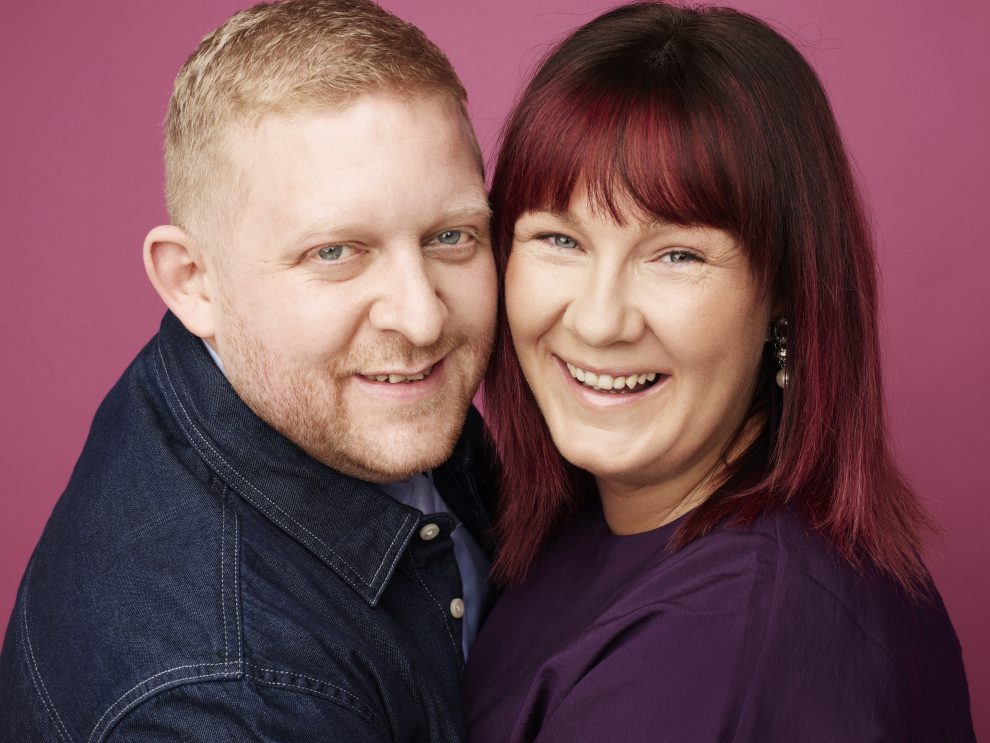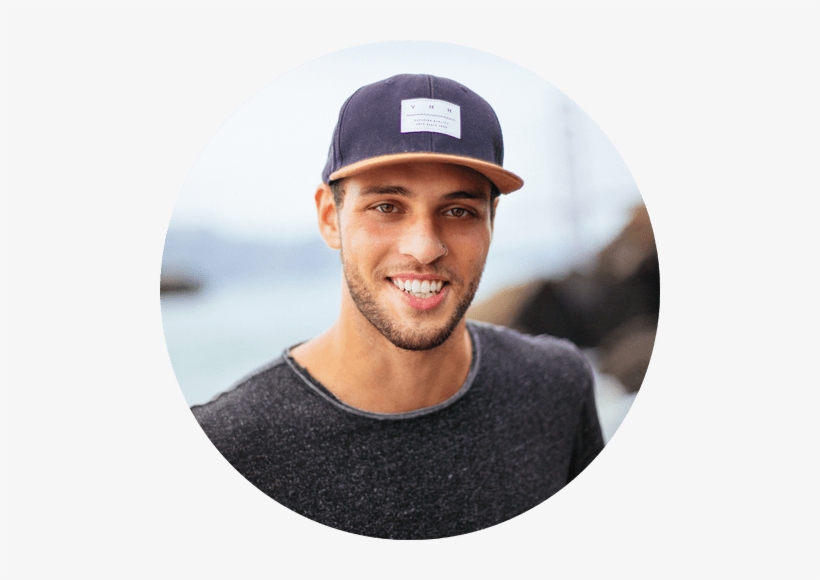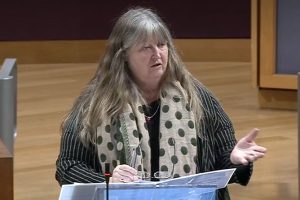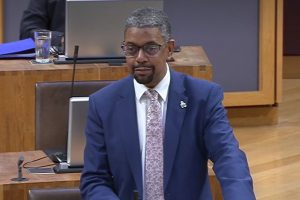One of the world’s renowned photographers, who has photographed Kate Moss, Kendall Jenner and the Queen, has turned his attention to fostering.
The latest set of portraits by British photographer Rankin are of 17 foster parents that represent the ‘Faces of Fostering’ from National Fostering Group and the 3,8001 current foster carers in Wales who are offering stable, loving homes to children in need.
Children and young people in the foster care system often come from all races, religions, and ethnicities – a real diverse pool of young people coming from all different walks of life. Foster parents are just as diverse, and in some instances, it can be more beneficial for the child in care to be placed with foster carers of their own religion or culture.
‘Faces of Fostering’ aims to reveal the true diversity that exists in fostering today and call on more people – from all walks of life – to step forward. Currently 230 children2 come into the care system each day and we need more people to become foster parents.
The images counteract commonly held misconceptions and outdated stereotypes, with NFG warning that the “Tracy Beaker effect” has given people the wrong impression of what fostering looks like or entails. In fact, new research3 shows that over half (54%) of Welsh people have said that TV programmes, including fictional characters such as Tracy Beaker, have shaped their understanding of fostering.
As a result, 40% of Welsh people believe they wouldn’t be eligible to foster. This rises to 44% of the UK population as a whole and to 49% among those who identify as being LGBTQ+, disabled, single, semi-skilled and unskilled and 55+ – preventing many who would be able offer a child a safe home from stepping forward.
Commenting on the campaign, Lynn Webb, Regional Director London for the South West and Wales says: Rankin’s photographs beautifully portray the diversity among foster carers. Over 1,100 new foster carers are needed in Wales4, so it’s crucial that individuals from all walks of life consider fostering and step forward.”
Rankin’s photographs include a portrait of Emily and Ben Hall who are married, both 35 and live in Rhondda Cynon Taf in Wales. They have been fostering through National Fostering Group for four years and have looked after the same child in the time.
They initially decided to foster when their son was one and a half years old, and they had a spare room which they felt could be used to help someone in need.
Emily and Ben have said: We’ve been so grateful to National Fostering Group for providing us with the most wonderful boy. Fostering has changed our lives and we urge anyone to consider it. The only thing that matters when it comes to fostering is that you have space in your heart and in your home.”
At present, 5% of the UK population think that having birth children living at home could present a barrier to becoming a foster carer.
Commenting on the campaign, Rankin says: “This photo shoot was a celebration of diversity, compassion, and the extraordinary individuals who open their hearts to foster care. It was a joy to capture the essence of people from all walks of life, each sharing a common desire to make a difference in a child’s life. If you’re considering fostering, reach out to National Fostering Group – they will guide you through the process.”
Misconceptions: Reasons people believe could be a barrier to becoming a foster carer
(base: all UK adults)
- Being too old – 35%
- Not earning enough money – 27%
- Having a disability – 24%
- Being too young – 22%
- Fear of the system – 20%
- Being single – 18%
- Being LGBTQ – 8%
- Coming from an ethnic minority background – 5%


















